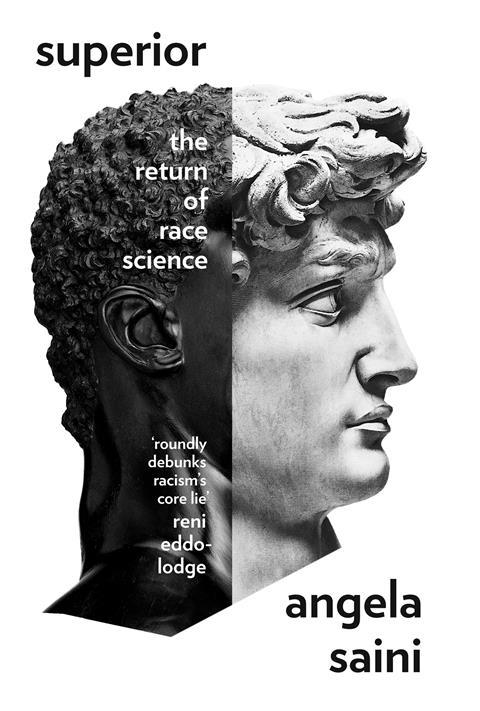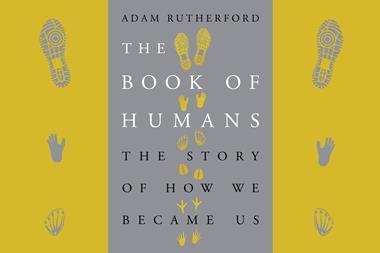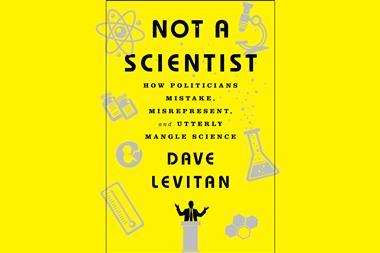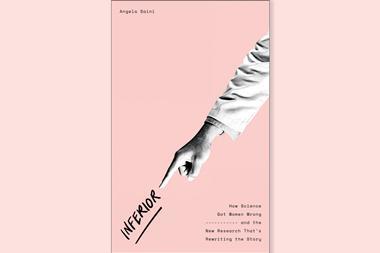Angela Saini
Fourth Estate
2019 | 352pp | £16.99
ISBN 9780008341008
Buy this book from Amazon.co.uk

Race is a contentious topic. It features strongly in the politics and current events of our day, but what are the scientific foundations of race?
In her new book Superior, Angela Saini has gathered together some really quite shocking personal stories, mixed with careful presentation and deconstruction of the myths behind ‘race science’. It’s important here to note the quote marks – race is a social construct rather than a genetic one. There are likely to be more genetic differences between two members of the same race than two people from difference ‘races’. As Saini puts it, statistically it’s perfectly possible for her to have more in common genetically with her white British neighbour, despite their very different visual appearance, than with another Indian-born neighbour living downstairs. However, this hasn’t stopped a long history of scientists trying to use science to justify their views on people who don’t look like them.
Saini follows the path of the science of race from its origins in the 15th century, through the time of Darwin, to the role that scientists working on race played in Nazi ideology and the Holocaust. The problem didn’t stop there – modern scientists are still battling with the concept of race. Infamous DNA discoverer and Nobel Prize winner James Watson publicly holds strongly racists views. And he is not the only one.
As well as being a powerful deconstruction of the research around race, this book raises important questions about the impartiality of science as a whole. As this book so thoroughly illustrates, science is influenced by those who do it – what questions we ask, the assumptions we make in our analysis, what data and conclusions we chose to publish and which we discard as obviously ‘wrong’. This makes uncomfortable reading for many who assume science is objective and descriptive of fundamental truths. This book reminds us of the need to question our decisions, examine our biases and listen to wider viewpoints.












No comments yet